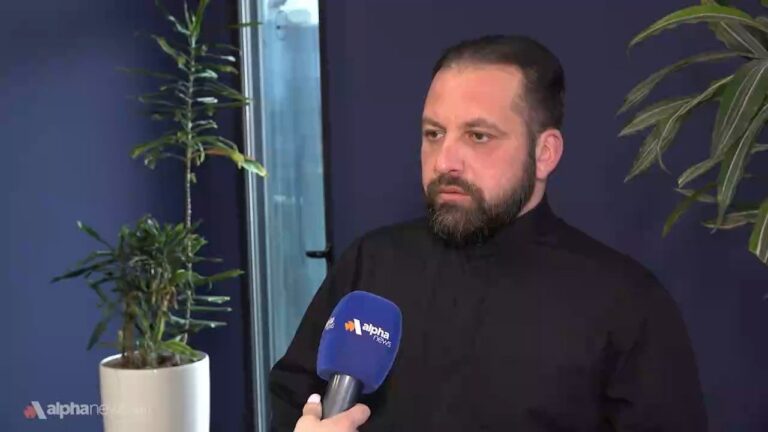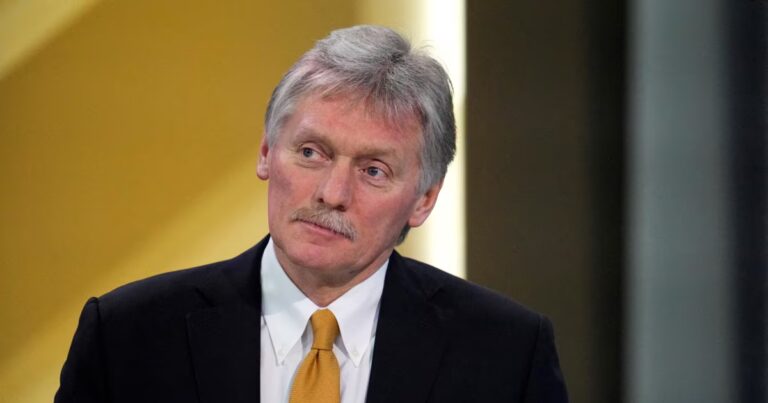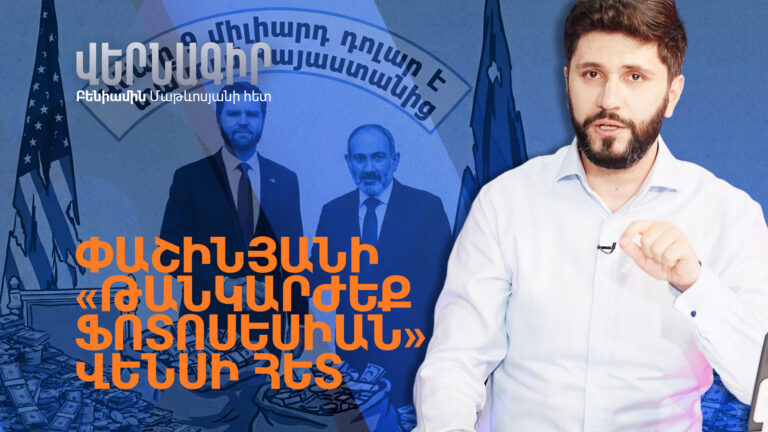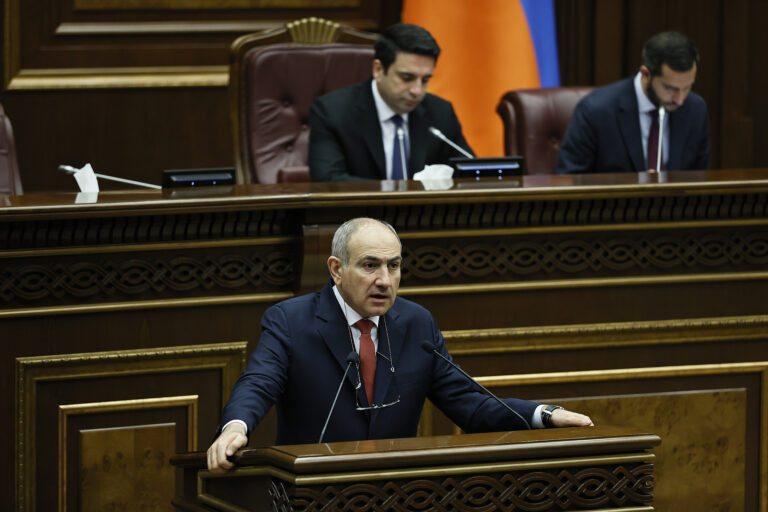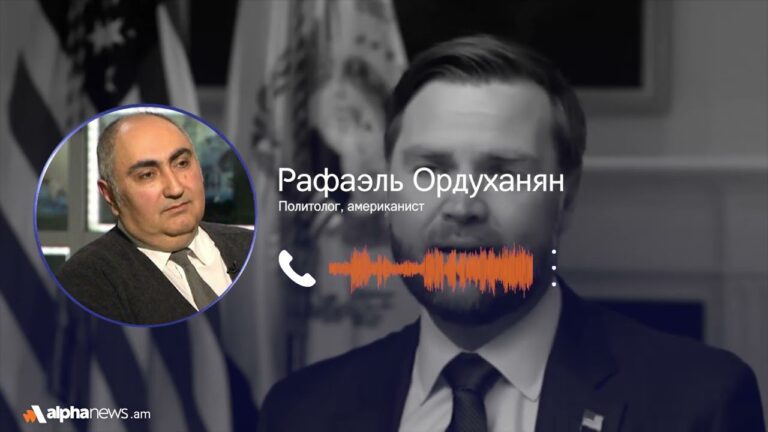Why was the 9th paragraph of the November 9th agreement demonized?
August 06 2024, 12:45
The free fall of Armenian statehood continues, which is why the EU Special Representative for the South Caucasus and the crisis in Georgia, Toivo Klaar, speaking about the potential return of Armenians to their historical homeland of Artsakh, also speaks about the “return” of Azerbaijanis to Armenia.
This is not a time bomb; this is a huge bomb under the Armenian statehood, which can lead to the conflict in Ukraine ending later than the modern Armenian statehood in its current form and within its current borders will be eliminated. The paradox, however, is that, among other things, this “free fall of the Armenian statehood” is due to the discrediting, demonization, and sabotage of the document of November 9th, 2020.
Pro-government propaganda especially demonized the 9th paragraph of the November 9th document. The paragraph in which it is literally noted: “All economic and transport links in the region shall be unblocked. The Republic of Armenia guarantees the safety of transport links between the western regions of the Republic of Azerbaijan and the Nakhichevan Autonomous Republic to organize the unimpeded movement of persons, vehicles, and goods in both directions. Traffic control is carried out by border guards of the Federal Security Service of Russia. By agreement of the parties, the construction of new transport communications linking the Nakhichevan Autonomous Republic with the western regions of Azerbaijan shall be ensured.”
We should understand why the control of transport communication by Russia’s Federal Security Service is indicated in the 9th paragraph. The world does not begin and end with Armenia. Experience suggests that a transport corridor of such scale and importance, which must pass through Armenia, can function only under the security guarantees of one of the world’s players. This is how international logistics and international trade work. This is, among other things, necessary because, otherwise, no international insurance company will insure goods passing along this route, and there can be no large cargo transportation without insurance.
Let’s take the Panama Canal as an example. For the creation of the canal, the Americans created a separate state in 1906, actually taking away part of the territories from Colombia. Formally, today the canal is managed by the Panama Canal Administration. Panama receives payments for passage through the canal, but the United States exercises actual control over transportation.
Whether this is good or bad is another matter, but these are the rules of international trade. Based on the same “game rules” since November 2020, it was agreed that Russia would control communications, and all regional players agreed to this. Moreover, in May 2021, the OSCE Minsk Group Co-Chairs issued a statement in which it was noted: “The Co-Chairs strongly urge the sides to lift all restrictions on humanitarian access to Nagorno-Karabakh immediately and call on the sides to implement in full the commitments they undertook under the November 9 ceasefire declaration.” In other words, the OSCE Minsk Group legitimized the November 9 declaration with its statement.
However, later, the war in Ukraine began, and Pashinyan’s non-regional partners perceived this situation as a historic chance to push Russia out of the region and gain control over communications that open the way to Central Asia. And Nikol Pashinyan’s partners were ready to do this at the cost of both Artsakh and Armenia as a whole (as evidenced by Toivo Klaar’s aforementioned statement).
Think about it…



